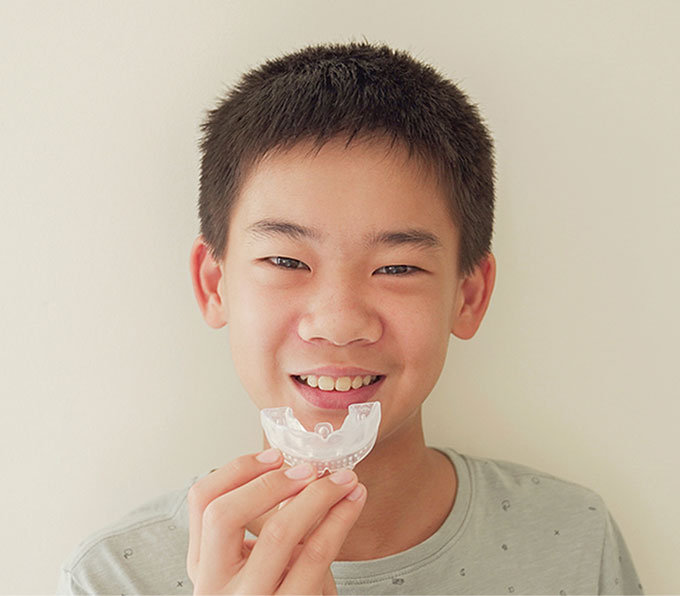- Home
- Oral Cancer Screening in Brampton
Oral Cancer Screening: Early Detection Saves Lives
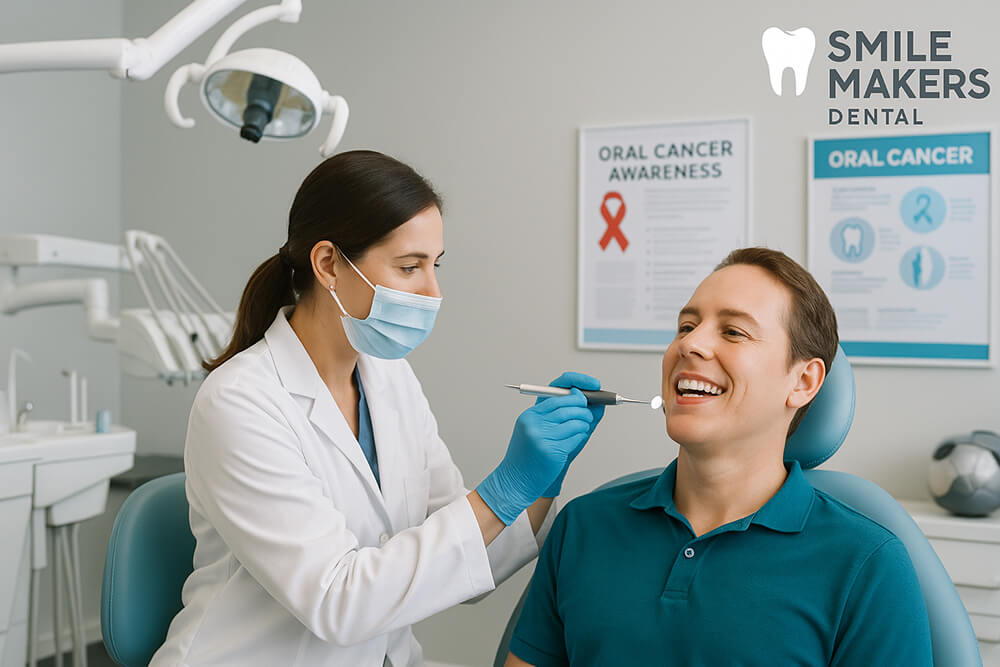
The Sobering Reality About Oral Cancer
Understanding Your Risk Factors
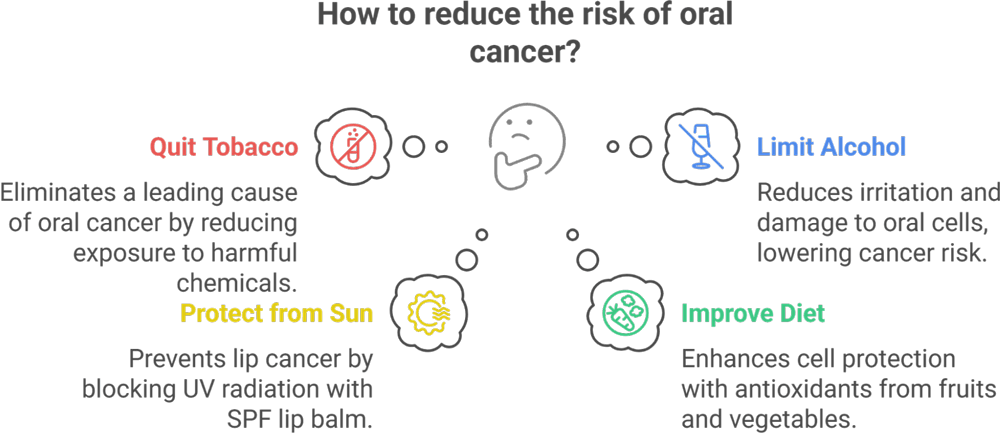
High-Risk Factors
- Tobacco use – Cigarettes, cigars, pipes, and smokeless tobacco are the leading causes
- Heavy alcohol consumption – Especially when combined with tobacco use
- HPV infection – Human papillomavirus, particularly HPV-16, is increasingly linked to oral cancers
- Age – Risk increases significantly after age 40
- Gender – Men are twice as likely to develop oral cancer
- Sun exposure – Prolonged exposure increases lip cancer risk
Emerging Risk Factors
- Poor nutrition – Diets low in fruits and vegetables
- Chronic irritation – From ill-fitting dentures or rough teeth
- Compromised immune system – Due to medications or medical conditions
- Family history – Genetic predisposition to cancer
What Our Comprehensive Screening Includes
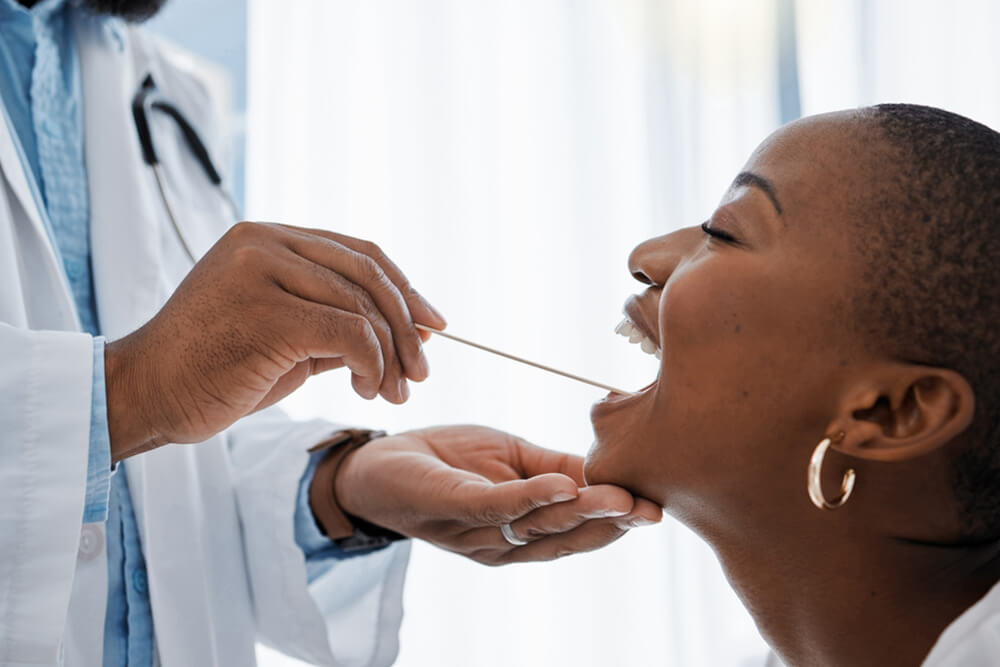
Visual and Physical Examination
Our thorough screening begins with a careful visual inspection of your entire mouth, including your lips, tongue, gums, throat, and the roof and floor of your mouth.
We examine all tissues for unusual colors, textures, or growths that could indicate early changes.
Palpation Assessment
Using gentle pressure, we feel for lumps, bumps, or areas of firmness in your neck, jaw, and under your chin.
Many early oral cancers aren’t visible but can be detected through careful palpation of lymph nodes and oral tissues.
Advanced Detection Technology
When warranted, we may use specialized tools like:
- VELscope fluorescence technology – Helps identify abnormal tissue that might not be visible to the naked eye
- Toluidine blue staining – Highlights suspicious areas for closer examination
- Oral brush biopsy – Painless collection of cells for laboratory analysis
Recognizing Warning Signs Between Visits
While professional screenings are crucial, you should also be aware of symptoms that warrant immediate attention:
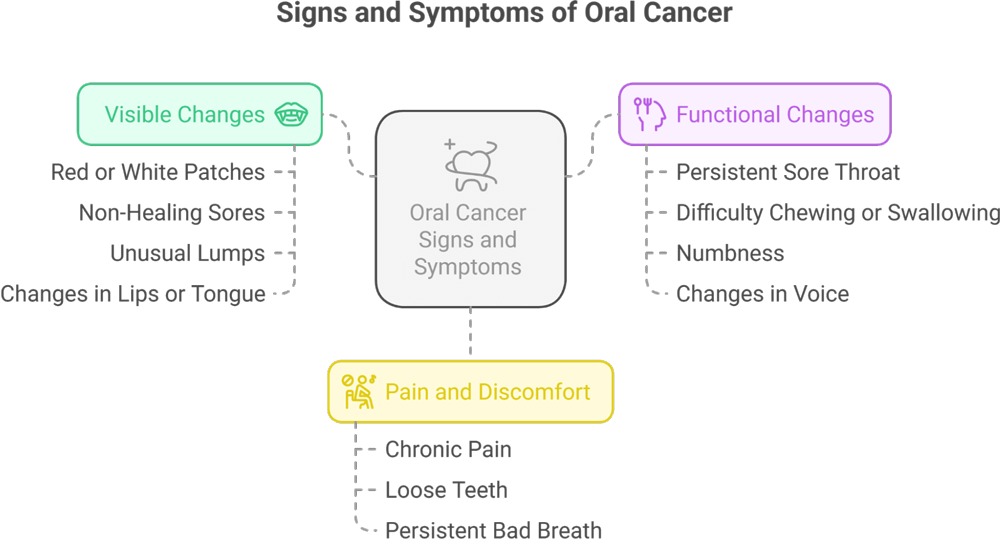
Visible Changes
- Red or white patches anywhere in your mouth
- Sores that don’t heal within two weeks
- Unusual lumps or thickening of tissues
- Changes in the appearance of your lips or tongue
Functional Changes
- Persistent sore throat or feeling that something is caught in your throat
- Difficulty chewing, swallowing, or moving your tongue or jaw
- Numbness in your tongue or other areas of your mouth
- Changes in your voice or speech
Pain and Discomfort
- Chronic pain in your mouth, throat, or ear
- Loose teeth without obvious cause
- Persistent bad breath despite good oral hygiene
The Screening Process: What to Expect
Our oral cancer screening is integrated into your regular dental examination and adds only a few minutes to your appointment.
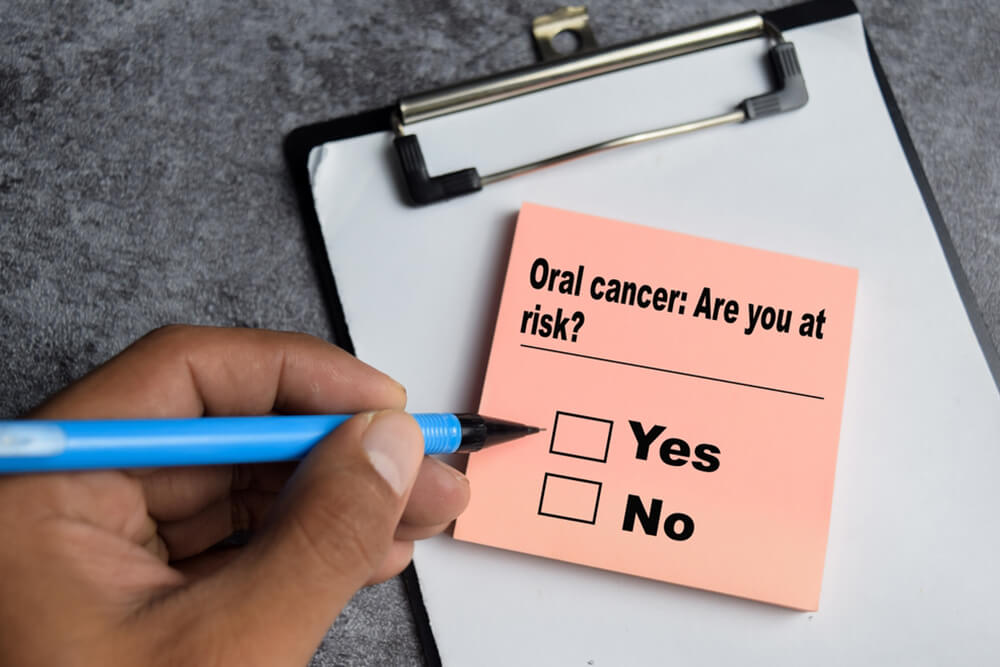
The process is completely painless and non-invasive:
- Medical History Review – We discuss your risk factors and any concerns
- Visual Inspection – Systematic examination of all oral tissues
- Physical Palpation – Gentle feeling for abnormalities
- Documentation – Any findings are carefully recorded and photographed if needed
- Discussion – We explain our findings and any recommended follow-up
If we identify any areas of concern, we may recommend a follow-up visit in two weeks to see if the area resolves on its own, or we may refer you to a specialist for further evaluation.
Remember, most abnormalities are benign, but it’s always better to be safe.
The Life-Saving Difference of Early Detection
When oral cancer is caught in its earliest stages (Stage I), the five-year survival rate exceeds 90%.
However, when diagnosis is delayed until advanced stages, survival rates drop to around 65%.
Early-stage oral cancer treatment is also typically less invasive, preserving more of your natural function and appearance.
Special Considerations for High-Risk Patients
If you have multiple risk factors, we may recommend more frequent screenings – perhaps every three to four months instead of the standard twice-yearly examination.
We also provide counseling on risk reduction strategies, including tobacco cessation resources and lifestyle modifications.
Beyond Detection: Prevention Strategies
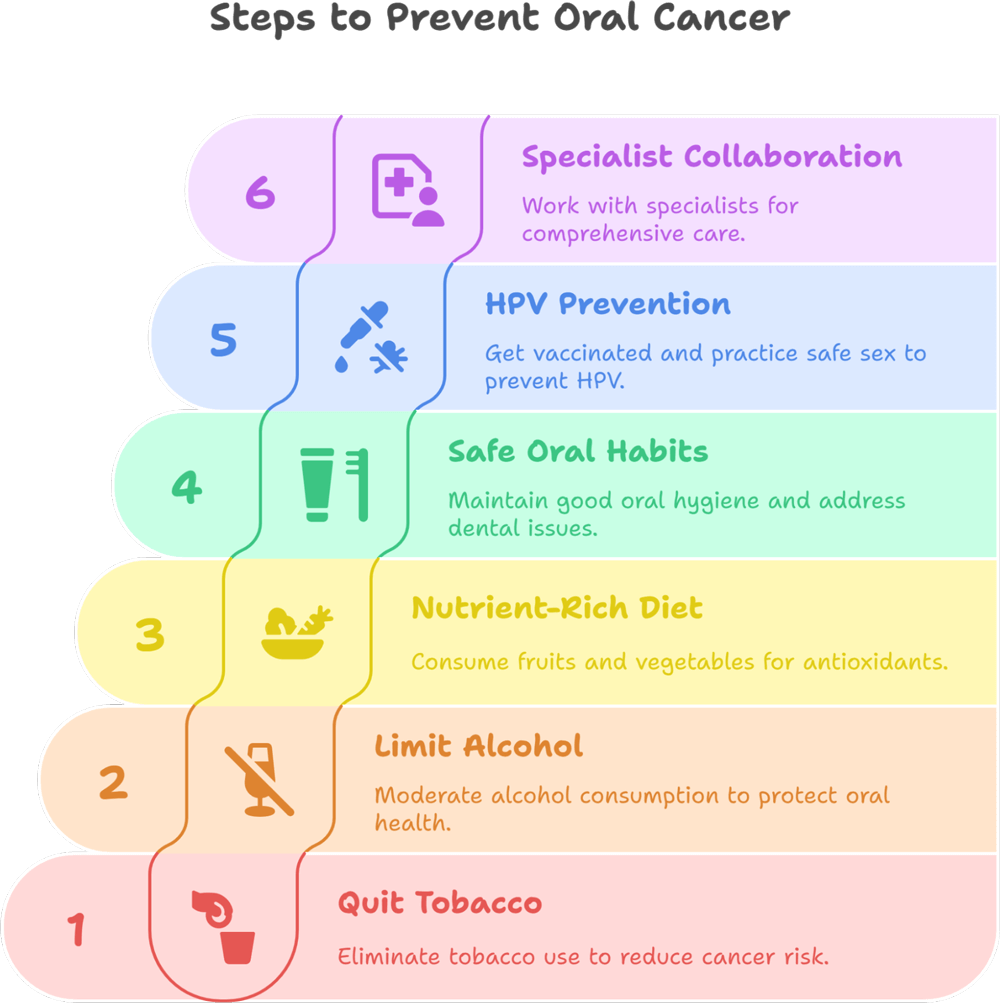
Lifestyle Modifications
- Quit tobacco – The single most important step you can take
- Limit alcohol consumption – Especially when combined with tobacco
- Eat a nutrient-rich diet – Plenty of fruits and vegetables
- Practice safe oral habits – Avoid chronic irritation from rough teeth or ill-fitting dental work
HPV Prevention
Given the rising incidence of HPV-related oral cancers, especially among younger patients, we discuss HPV vaccination and safe practices as part of our comprehensive prevention approach.
Working with Specialists When Needed
If further evaluation is required, we work closely with oral surgeons, oncologists, and other specialists to ensure you receive prompt, coordinated care.
We’ll help facilitate referrals and ensure all relevant information is shared with your treatment team.
Your Role in Early Detection
Between professional screenings, perform monthly self-examinations using a mirror and good lighting.
Look for any changes in color, texture, or the appearance of sores that don’t heal.
If you notice anything unusual, don’t wait for your next scheduled appointment – contact us immediately.
Making Screening a Priority
Oral cancer screening should be a routine part of your dental care, not an optional add-on.
The few minutes it takes during your regular cleaning appointment could literally save your life.
Many of our patients tell us they sleep better at night knowing they’re being proactive about their health.
Insurance and Accessibility
Most dental insurance plans cover oral cancer screening as part of routine preventive care.
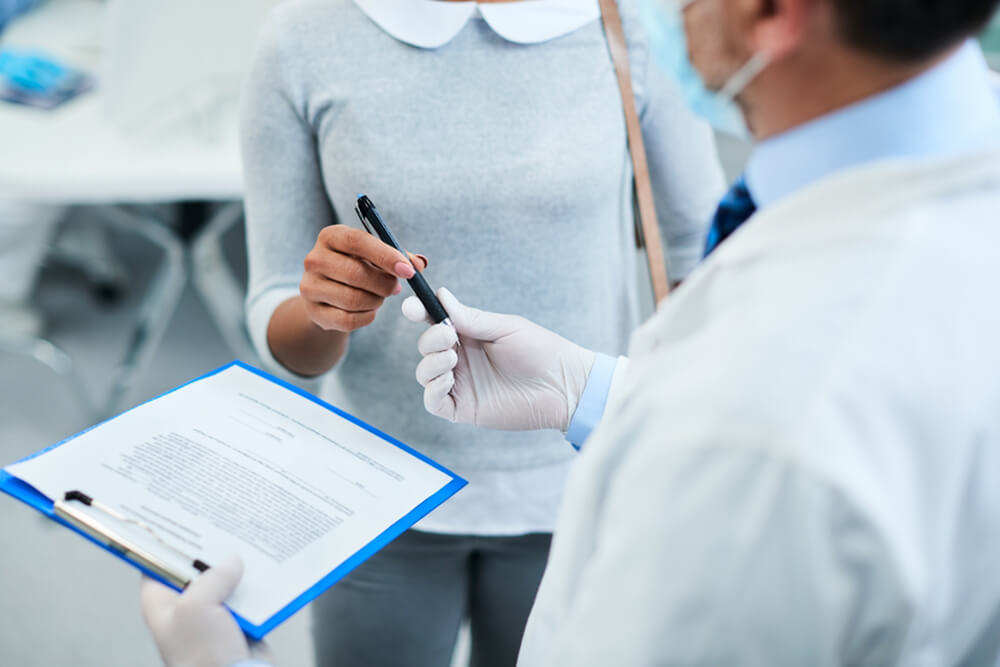
Most dental insurance plans cover oral cancer screening as part of routine preventive care.
For patients without insurance, we offer affordable screening options because we believe everyone deserves access to this potentially life-saving service.
Your oral health is inseparably connected to your overall well-being. By making oral cancer screening a regular part of your dental care, you’re taking a proactive step toward protecting not just your smile, but your life.
Contact our office today to schedule your comprehensive examination and screening – because when it comes to cancer, early detection truly is your best protection.






